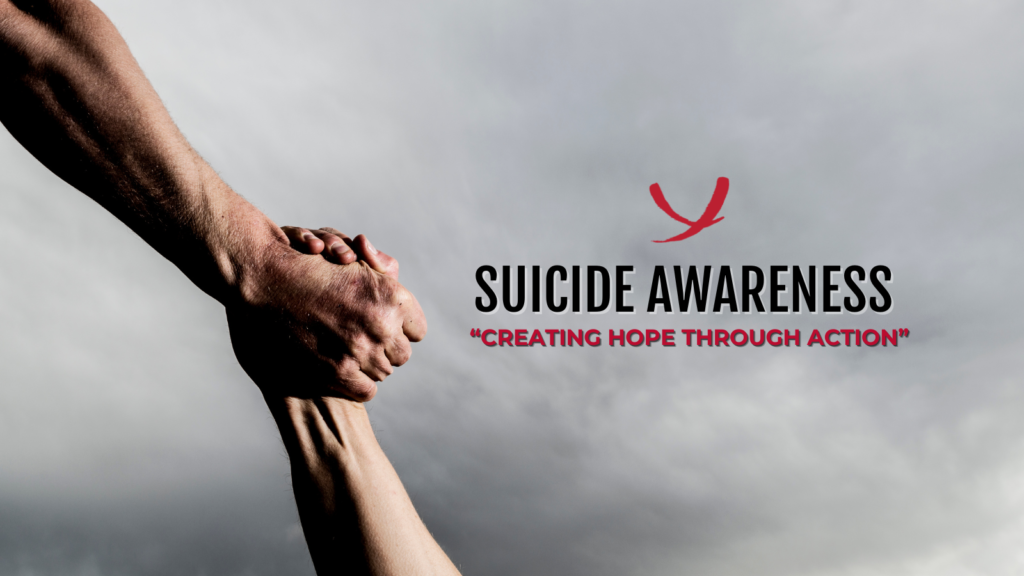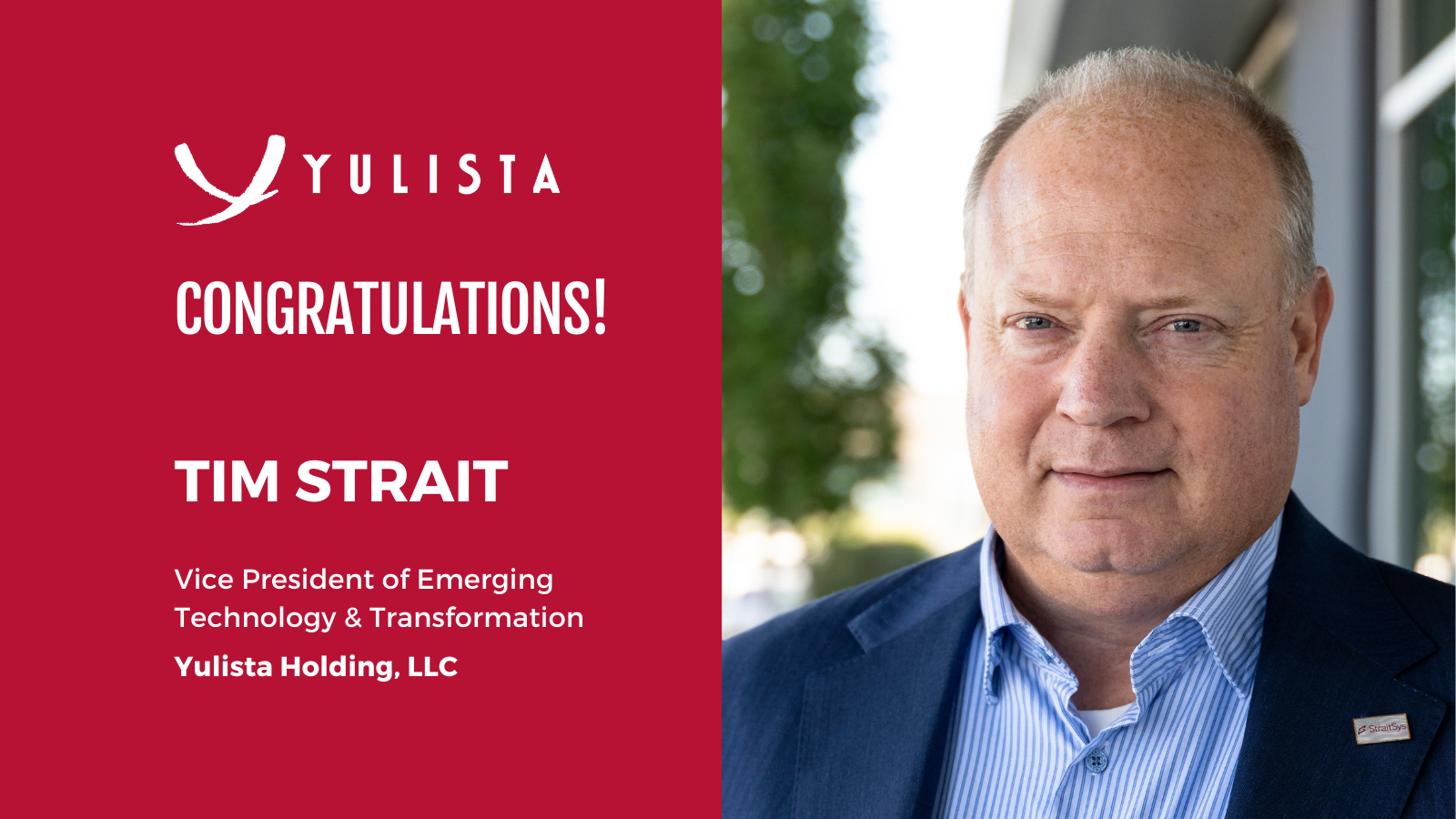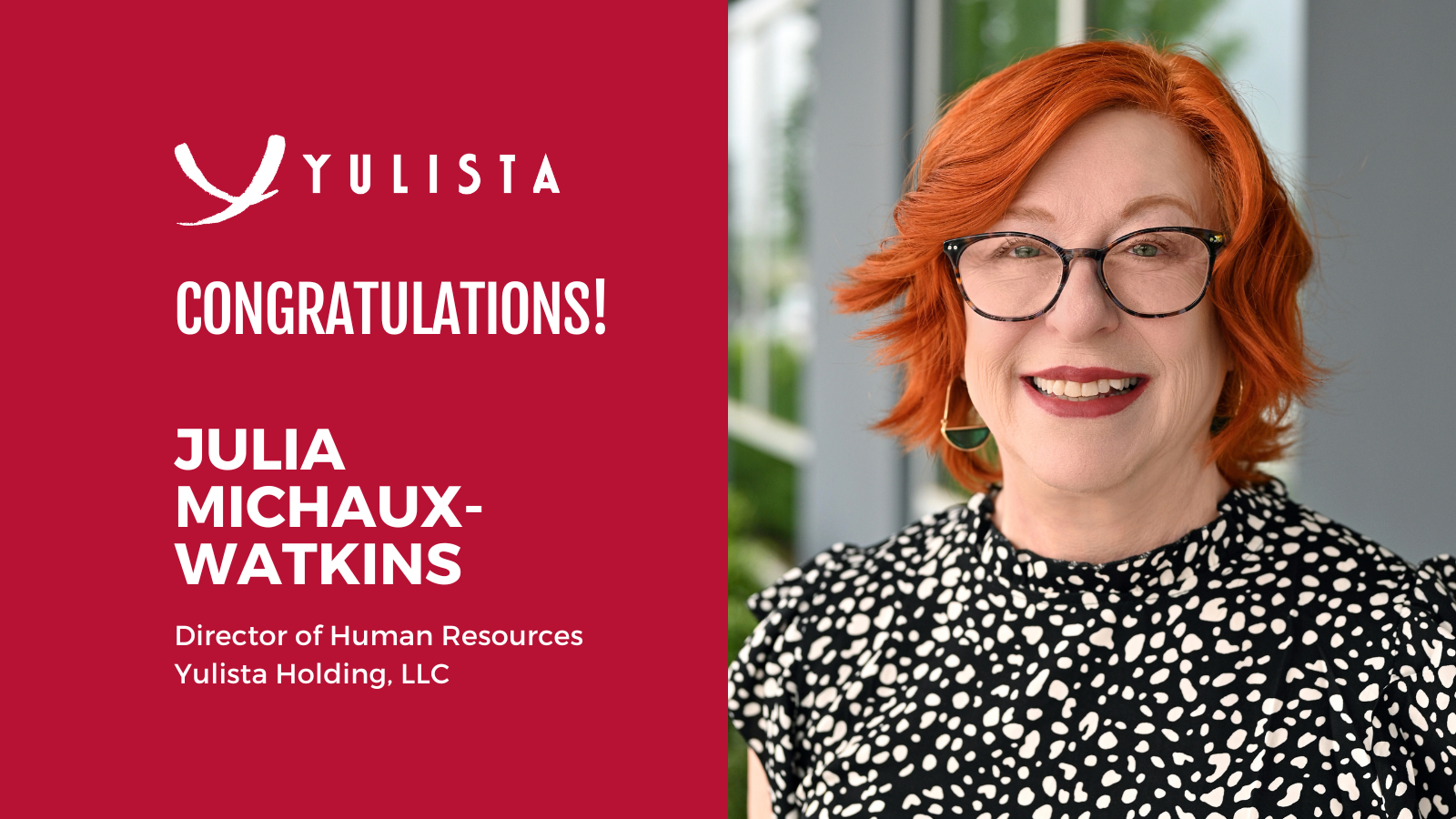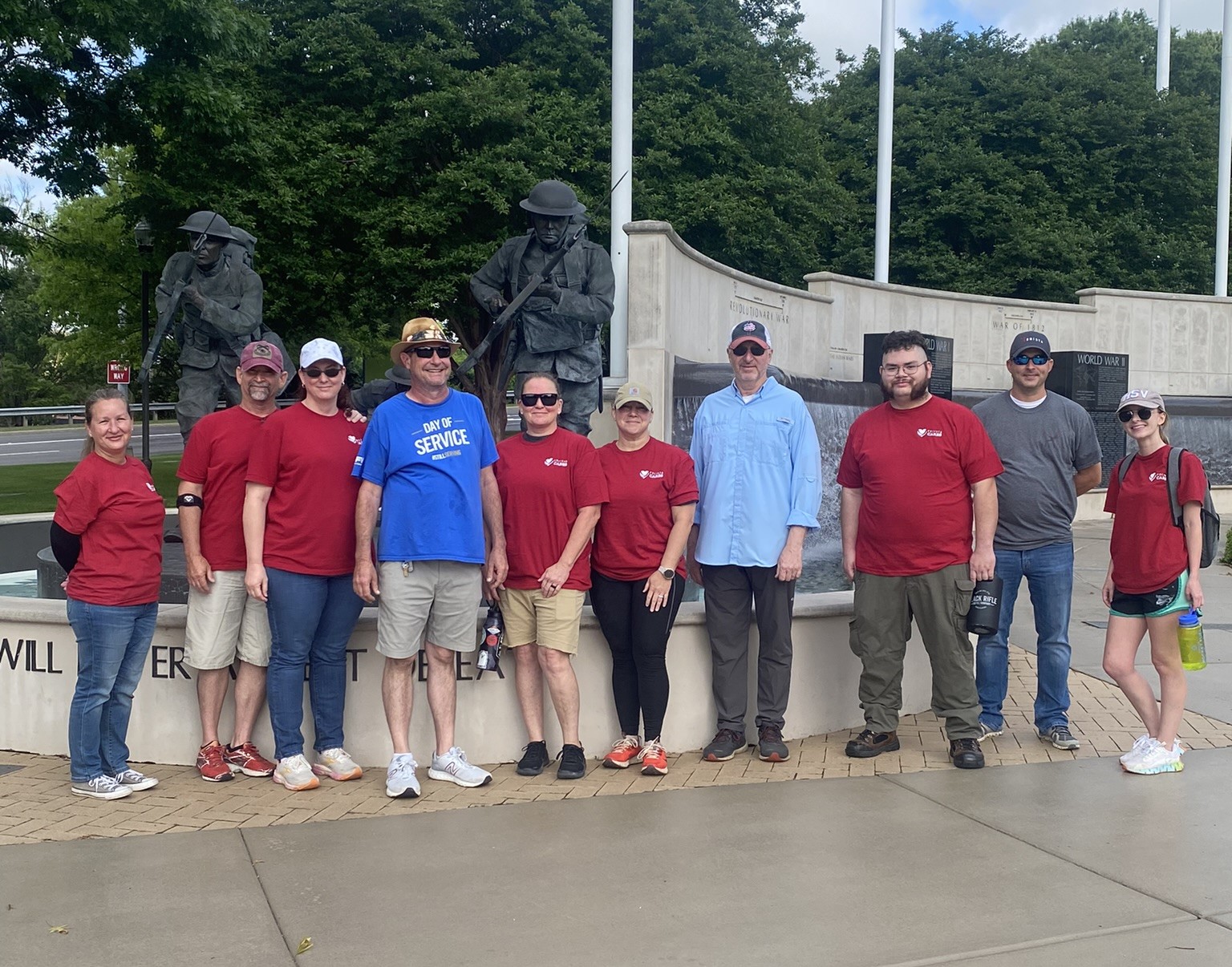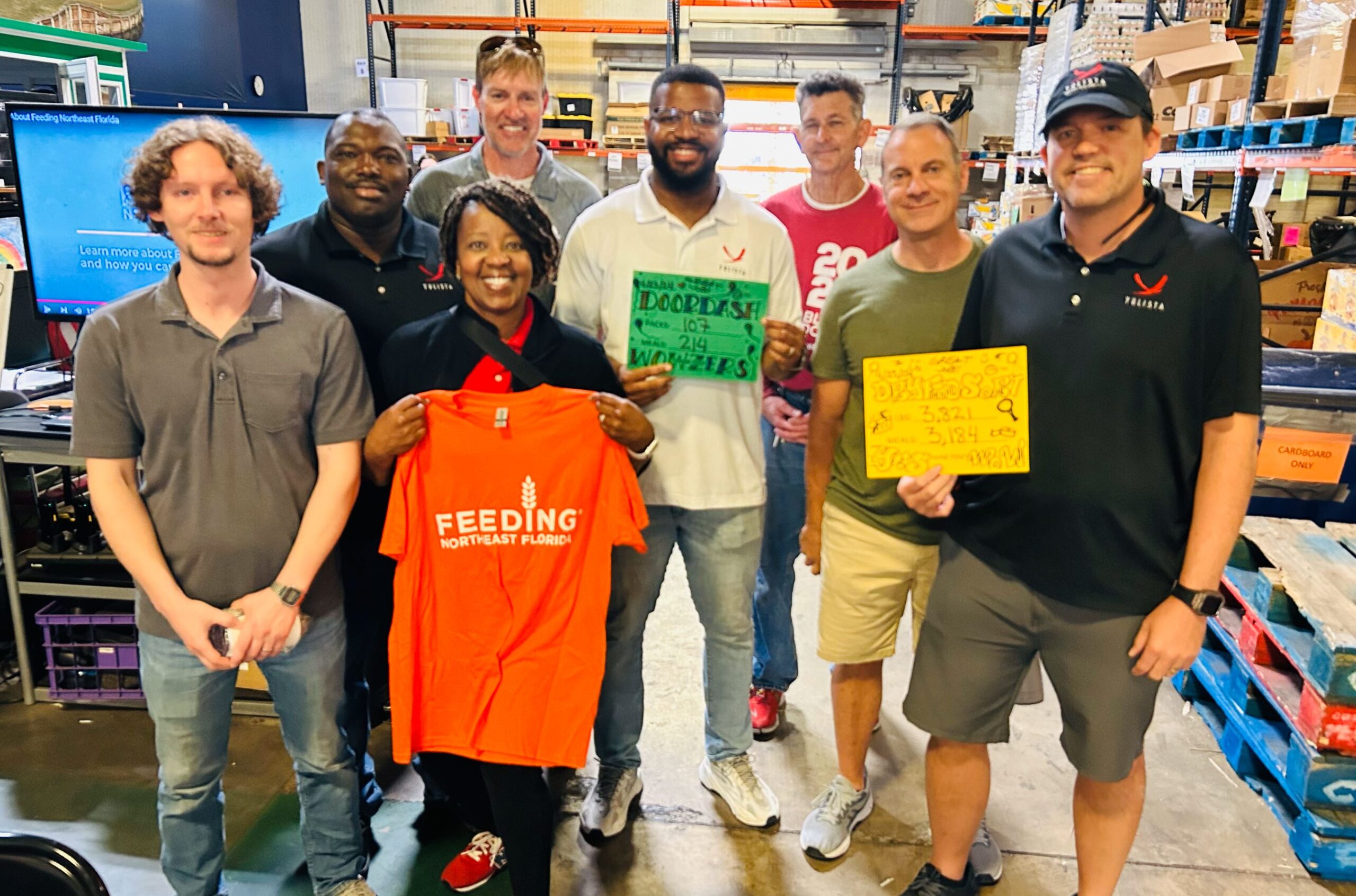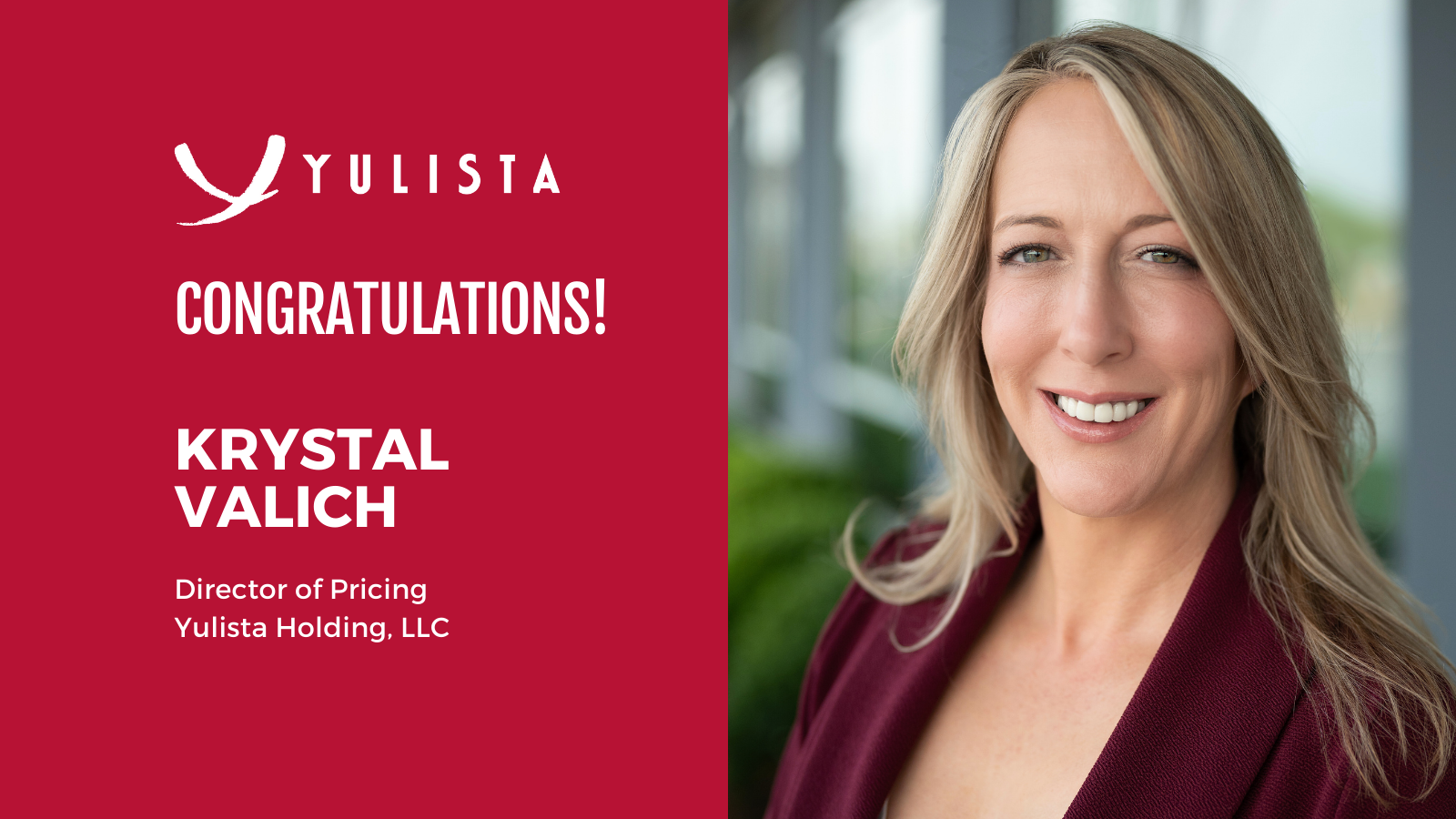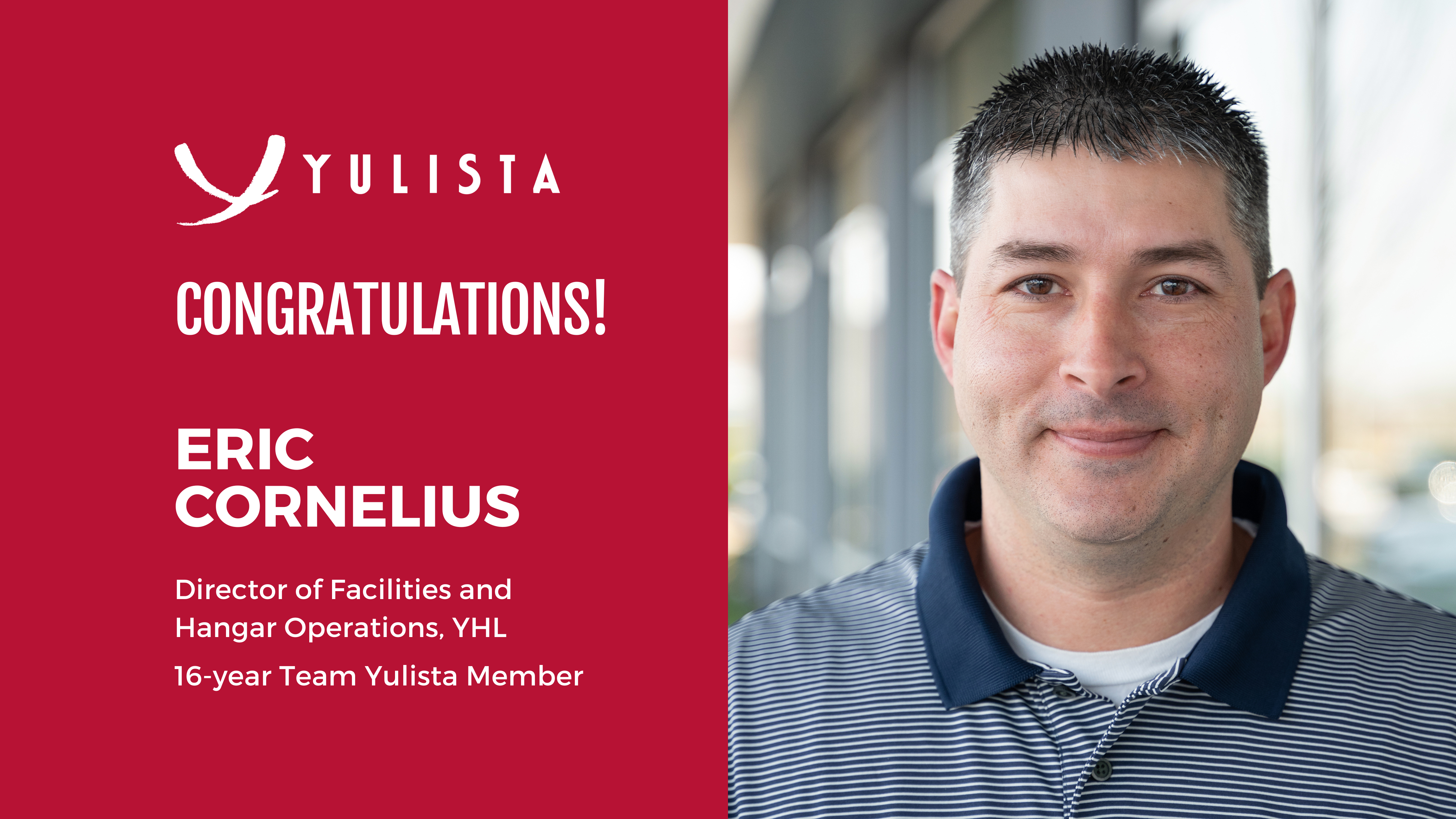September is a significant month at Yulista as we unite as a community to shine a light on Suicide Awareness Month. At Yulista, the well-being of our employees takes center stage, and our unwavering commitment lies in nurturing a workplace where every member feels not only safe and supported but also encouraged to seek help when it’s needed most.
One of the most powerful ways to make a difference is by promoting suicide prevention and mental health support. This is especially important for us to consider, as 1 in 3 of our employees are veterans who may face unique challenges related to mental health. Considering this, we want to share some valuable resources and information with you.
Recognizing the Signs:
It’s crucial to recognize the signs of someone who may be struggling with their mental health or contemplating suicide. Some common signs include:
- Isolation: Withdrawal from social interactions and activities.
- Changes in Behavior: Sudden and significant changes in mood, behavior, or appearance.
- Expressing Hopelessness: Verbalizing feelings of hopelessness, helplessness, or being a burden.
- Increased Substance Use: Escalating use of alcohol or drugs as a way of coping.
- Giving Away Possessions: Making arrangements for the future by giving away belongings.
How You Can Help:
If you suspect that a colleague or friend is going through a tough time, here are some steps you can take:
- Reach Out: Express your concern and willingness to listen without judgment.
- Encourage Professional Help: Suggest that they speak with a mental health professional or counselor.
- Stay Connected: Keep in touch regularly, letting them know you care and are there to support them.
- Alert HR or a Manager: If you’re genuinely concerned about someone’s well-being, don’t hesitate to inform HR or a supervisor.
- Resources Available: We have resources in place to assist all our employees, who may be dealing with mental health challenges:
-
- Employee Assistance Program (EAP) offered by UNUM: EAPs are workplace-based programs that offer confidential counseling and support services to employees and their family members. UNUM’s EAP provides a wide range of services, including counseling, legal and financial advice, and work-life resources. It can be helpful to employees who are experiencing personal or work-related problems and need support to manage stress, improve their mental health, or deal with other issues. Talk to someone at 1-800-854-1446.
-
- Behavioral Health Systems (BHS) offered by Blue Cross Blue Shield (BCBS): BHS is a program offered by BCBS that provides counseling and other mental health services to BCBS members. BCBS members can receive up to three counseling visits at no charge with the BHS plan. BHS can be helpful to those who are experiencing mental health challenges, such as anxiety or depression, and need support from a mental health professional. BHS is available by calling 800-245-1150 or by visiting www.behavioralhealthsystems.com.
-
- The Wounded Warrior Project is a non-profit organization that provides free programs and services to Veterans and their families. Its programs are designed to help Veterans overcome physical and mental health challenges, such as post-traumatic stress disorder (PTSD), traumatic brain injury (TBI), and other combat-related injuries. Some of the services offered by the Wounded Warrior Project include mental health counseling, peer support, and rehabilitation.
-
- Suicide Prevention Resource Center (SPRC) provides information, training, and resources to help organizations and individuals prevent suicide. The SPRC offers free online training programs, webinars, and publications on suicide prevention, intervention, and postvention.
-
- American Foundation for Suicide Prevention (AFSP) is a non-profit organization dedicated to understanding and preventing suicide through research, education, and advocacy. The AFSP provides resources and support to individuals who have lost a loved one to suicide, as well as to individuals who are struggling with suicidal thoughts or have attempted suicide. The AFSP also conducts research to improve our understanding of suicide and develops programs to prevent suicide.
National Crisis lines available 24/7
-
- National Suicide Prevention Lifeline: call or text 9-8-8
- National Alliance on Mental Illness (NAMI): call 1-800-950-6264 or text 741-741
- Military/Veterans Crisis Line: call 1-800-273-8255 and press 1 or text 838-255
- Trevor Lifeline for people who identify as LGBTQ: call 1-866-488-7386
To further support our efforts in suicide prevention, we have attached a newsletter from Behavioral Health Systems (BHS), which provides guidance and resources on this sensitive, but important topic. Please take a moment to review it, as it contains valuable information that can make a difference.
By looking out for one another and promoting mental health awareness, we can significantly impact the lives of our team.

